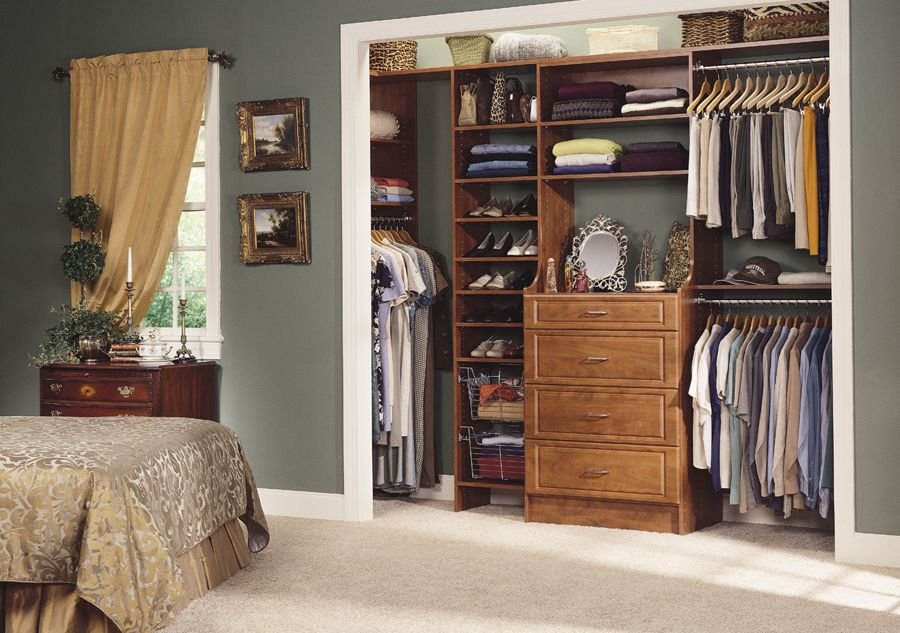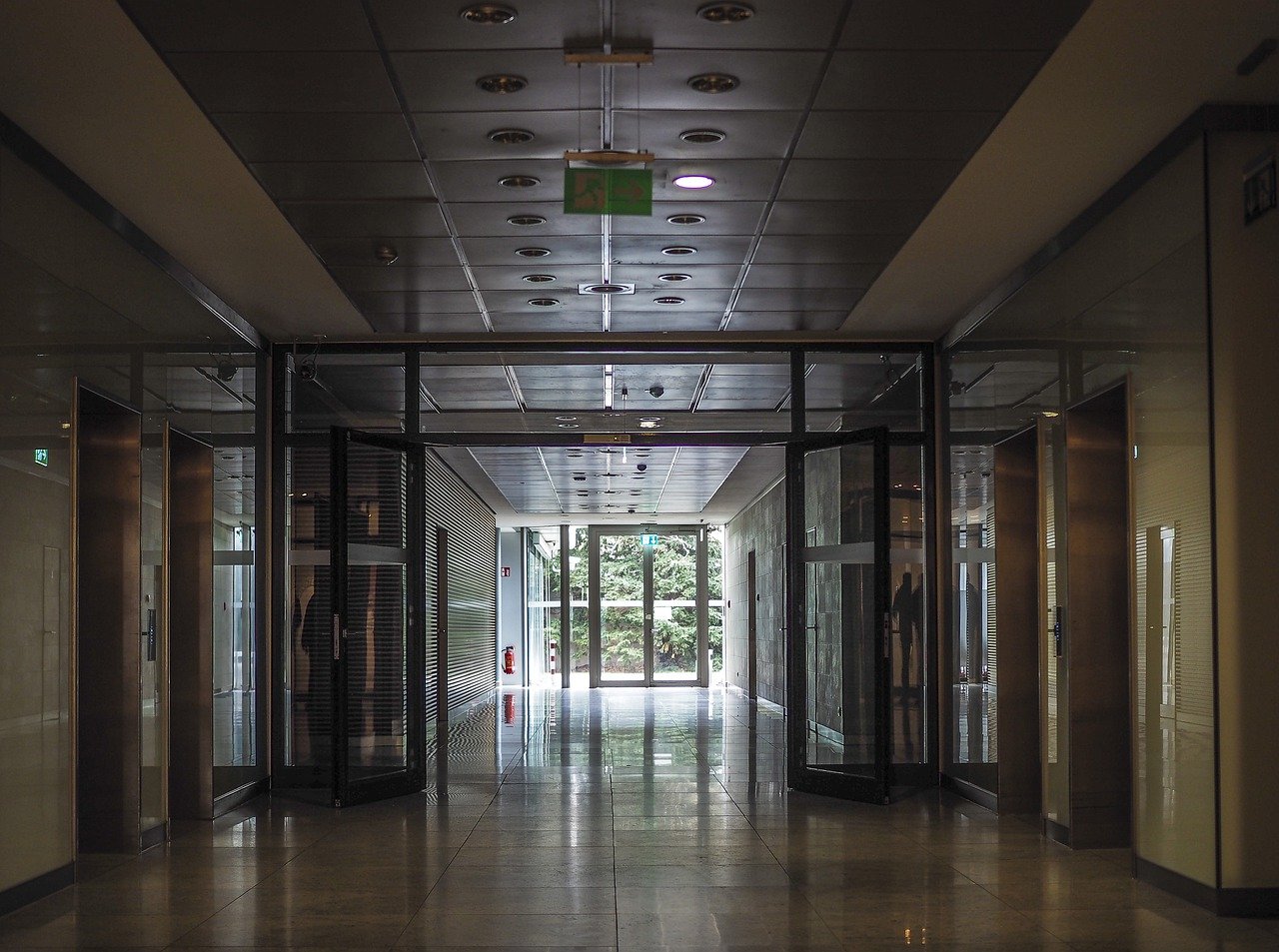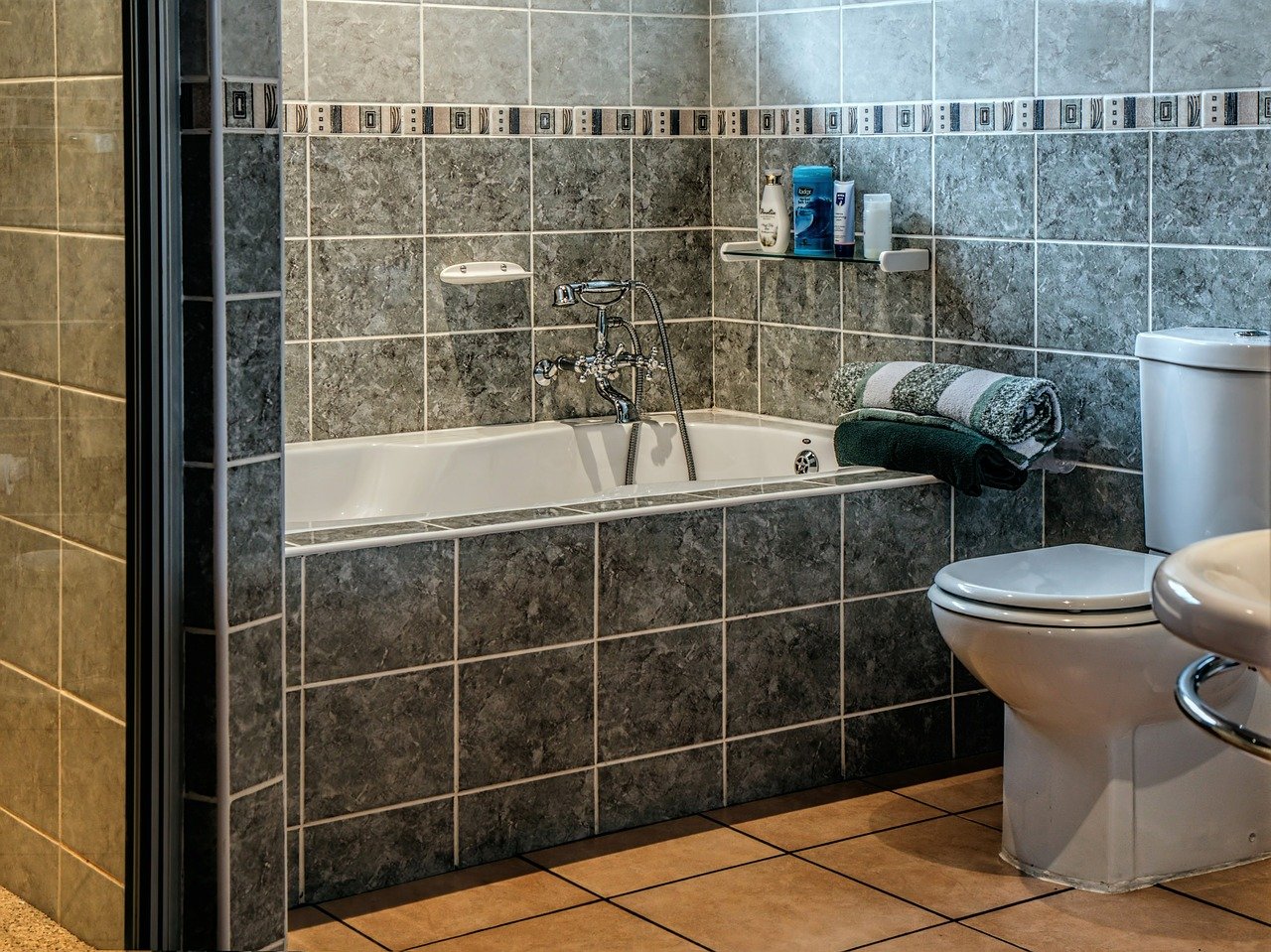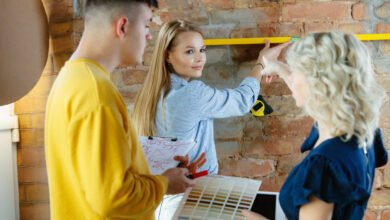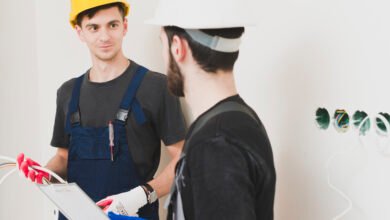Is It A Necessity To Acclimate Vinyl Flooring?
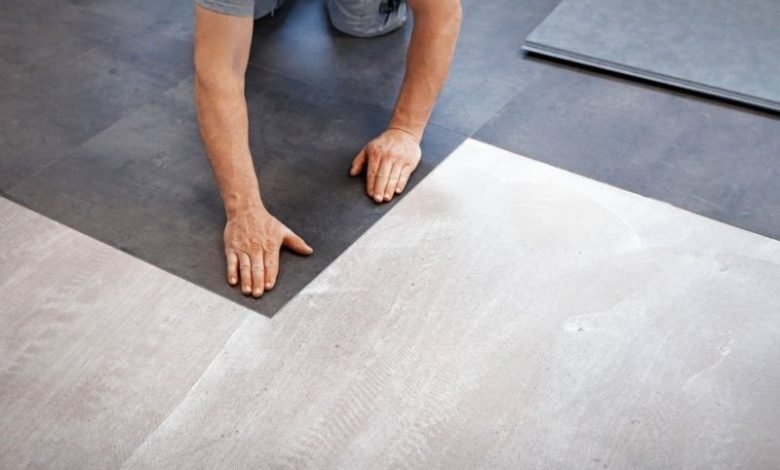
Vinyl flooring is the most preferred choice for many Canadian homeowners since it comes with benefits, including awe-inspiring appearance and longevity, even in the spaces with the highest foot traffic. Moreover, flooring acclimation is crucial for many types of vinyl flooring pre-installation to ensure the best results.
Vinyl Flooring Acclimation: Everything You Should Know
Room temperatures keep fluctuating. Before installing luxury vinyl tiles or other vinyl flooring types, it is important to ensure that it is acclimated to all situations. If you are installing vinyl flooring for the first time, you might be eager to gather information about vinyl flooring acclimating and its importance.
Is acclimation a must for vinyl flooring? Yes! Vinyl flooring is to be acclimated to maintain its durability. The temperature between approximately 50 and 80 degrees Fahrenheit is appropriate for vinyl flooring, whereas the humidity level should be between 35 and 75 percent. However, vinyl flooring is to be protected from extreme weather conditions.
Is it necessary to acclimate all vinyl flooring? The acclimation of vinyl flooring can differ based on different types of vinyl flooring. When one type of vinyl flooring may need to be acclimated, the other might not. Every product comes with its most proper application. However, you have to work following the specific product. Let’s see if these vinyl flooring options need to be acclimated:
- Luxury vinyl plank – Luxury vinyl planks must be acclimatized for 48 hours. This period is crucial to consider. Nevertheless, ensure that the plank is delivered to your home no later than two days before installation. Luxury vinyl planks are made up of three dense layers. These layers are vulnerable to shrinking or expanding beyond their pre-determined levels. However, luxury vinyl plank acclimation is important. Before installing luxury vinyl tiles, it is advisable to expose the flooring to the general atmospheric conditions you will be living in. You can control the humidity with the help of a vapor barrier. It is good to keep your room temperature at a standard level.
- Vinyl sheet – Vinyl sheet flooring also needs to be acclimated, like vinyl planks. You will need to roll the sheet before installation to make the flooring adjust the environment properly. Besides, it will allow the flooring to rest and level up before installation. This round of preparation will help prevent the vinyl sheet from expansion and early damage. Vinyl sheet flooring can quickly get accustomed to the weather since it allows wind to pass through its pores. Additionally, see that all the required tools, materials, floor, and subfloor are ready.
- Vinyl tiles – Acclimation will make your vinyl tiles durable and firm. However, it is essential to acclimate the vinyl tiles before installation. Vinyl tiles come with numerous gaps between them. However, if any of the tiles shrinks or expands, the entire flooring structure will likely get spoiled, and extreme temperatures and humidity can cause further damage. Besides, your storage area where you keep your tiles might not have the ideal temperature as in other rooms.
- Peel and stick vinyl – Acclimation makes this peel and stick vinyl get attached to the floor appropriately. There are many exceptions based on where you live, the ever-changing climate in your city, and the time of year. If your room has a moderate temperature, it will benefit the vinyl to stick. In this case, the vinyl flooring will not need acclimation. But, it will only benefit you if you go through the acclimation process.
What’s the importance of vinyl flooring acclimation? Vinyl flooring acclimation refers to adjusting the flooring to the room’s authentic atmosphere and ideal flooring. Just like you, feeling uneasy in a new place and need some time to adjust, vinyl tiles also need some adjustments. Perfect acclimation is key to a successful vinyl flooring installation. Once the acclimated vinyl tiles and flooring are exposed to the actual room environment, their temperature will be similar to the room. However, the vinyl tiles will firmly affix to the floor.
Secondly, acclimation allows air to flow through the itsy-bitsy holes in the gaps for vinyl flooring. The tiles get stronger enough to withstand the air pressure, temperature, and humidity that passes through the holes. Furthermore, the vinyl flooring installation process is quite sensitive. Consequently, sudden changes can significantly impact the tile structure, but some simple adjustments can save it. Acclimation is the only significant adjustment important before installation.
The nutshell conclusion
Vinyl flooring acclimation is a must for its better adhesion. The flooring qualities are hugely based on how nicely the acclimation and installation process is carried out. If an appropriate level of acclimation is used, your vinyl flooring will create an even appearance. Besides, it will also make your flooring last longer. Acclimation makes vinyl flooring acclimatize to the room environment. Any malformation in vinyl flooring acclimation can affect the durability of the flooring and will also reduce its fundamental qualities.
Although acclimation is not rocket science, it eventually requires skills and expertise to achieve the best result. However, hire a professional vinyl flooring Mississauga company to end your flooring project with perfection.
If you want to read the latest trending news for home decor, businesses, technology, and more, then visit www.letangerois.com website today.


